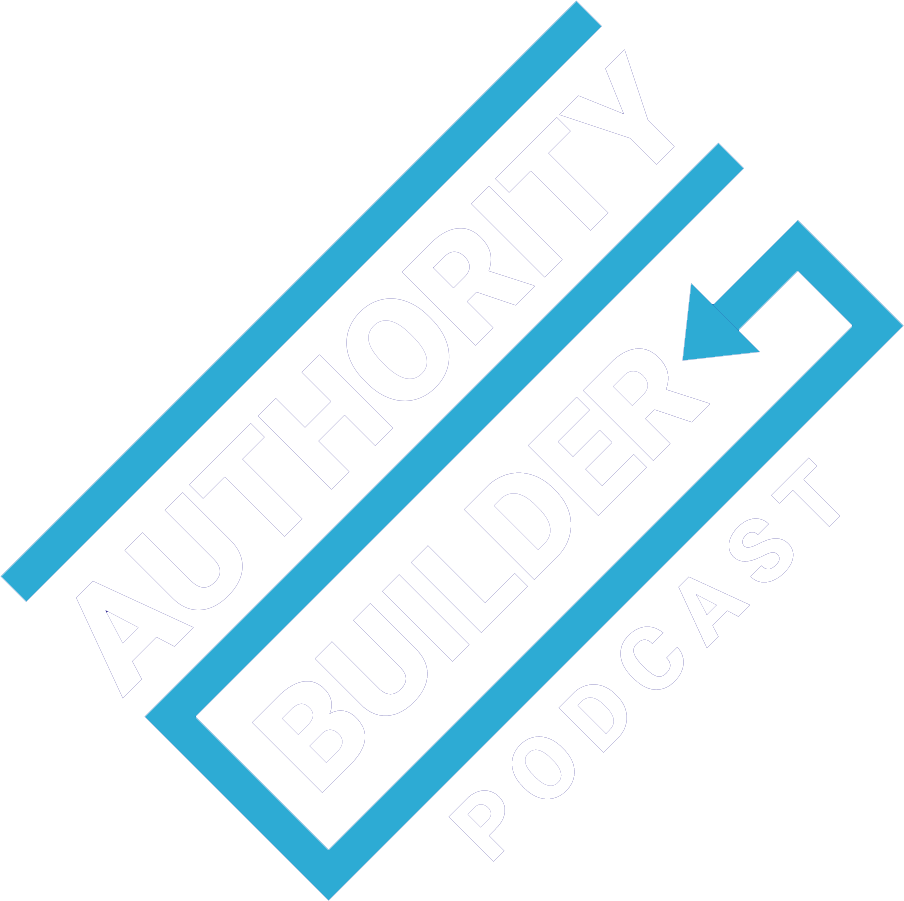Jesse Cole’s motto is “Normal gets normal results.” As the owner of a minor league baseball team, he does what he has to to get butts in the seats for games… leading to record-setting attendance (and revenues) that has garnered national media attention.
And, along the way, he’s discovered a way to create amazing experiences that turn customers into raving fans… and evangelists that become your best marketing team. He packs it all in his philosophy for his company, Fans First Entertainment.
We talk about…
- How to get buy-in from employees for your “abnormal” policies
- Why you should put on a “show” for your customers – and how to do it
- Strategies for drafting the right team for your company
- Avoiding the “Comparison Trap” when growing your business
- And more…
Episode Timeline:
00:11 Today Steve speaks with the Yellow Tux Guy, Jesse Cole. He’s the founder of Fans First Entertainment and the owner of the Savannah Bananas baseball team.
02:01 Jess tell us how he loves baseball, but hated coaching it. He ask what business are you in and what business are you really in!
05:58 Jesse tells us how it’s more important to love your customers than your product.
06:42 Jesse explains how he turned around his baseball team by breaking all the rules.
08:31 Jesse explains how he got serious baseball players to dance.
10:31 Jesse tells us that if you’re not being criticized then your playing it too safe.
13:42 Jesse tells us how behind every decision he makes, he asks, “Is it fans first?”
15:29 Jesse explains his very simple core principles and how he instills them throughout the company.
18:48 Jesse explains why he works from the top down.
20:16 Steve tells us about his own experience in repeating his company’s mantra.
21:36 Jesse talks about the long game.
23:42 Jesse talks about the comparison trap.
24:51 Jesse talks about how he works with other companies.
28:05 Jesse explains how to apply “fun” to otherwise “boring” companies.
30:09 Jesse tells us how best to get in contact with him.
Mentioned in this Episode:
- Findyouryellowtux.com
- Russell Wilson
- Jeff Rosenblum
- Seattle Seahawks


